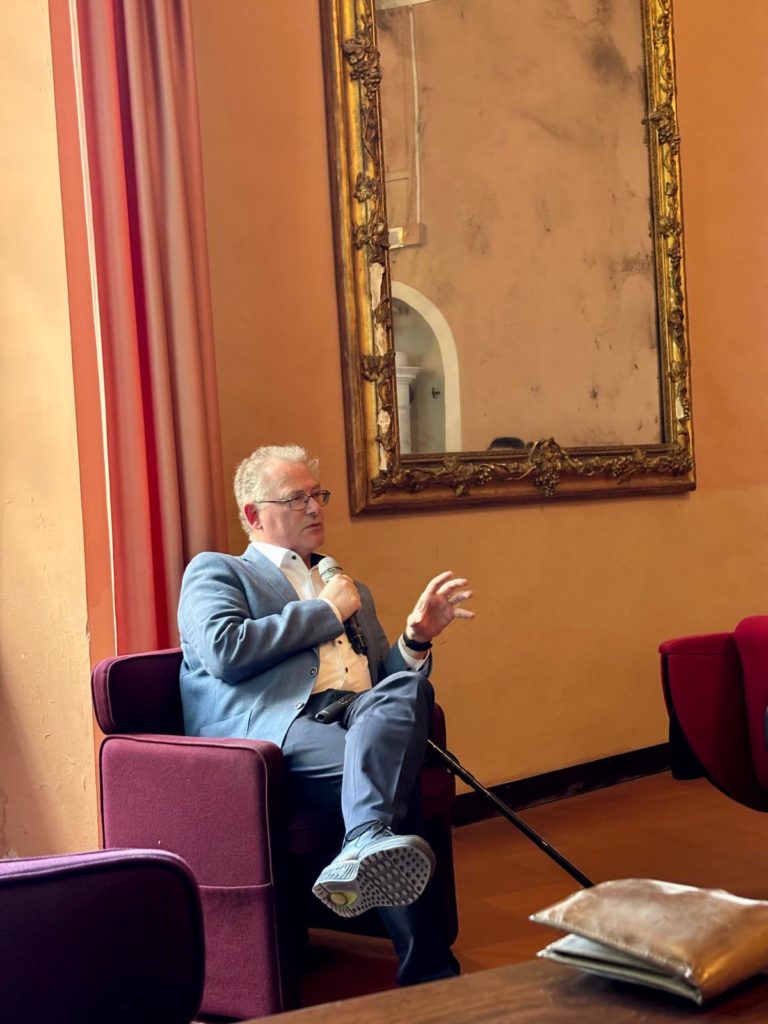Last Friday, as part of the PhD Program in Legal Sciences of the University of Pisa – within the curriculum on Theory of Fundamental Rights, Constitutional Justice, Comparative Law, Law and Religion – ProStEUVa had the pleasure of hosting Professor Lars V. Johannsen from the University of Aarhus, Denmark, who delivered a lecture on “The Responsive State in the EU”.

Understanding the Responsive State
Professor Johannsen introduced the concept of the responsive state as one that prioritizes openness and inclusion in both policymaking and implementation. A responsive state actively seeks engagement from citizens and civil society, integrating their input to enhance legitimacy and public trust. He emphasized the benefits of civil society’s participation, noting how it ensures that decisions are made with public input, fostering a sense of ownership and increasing compliance. Moreover, it enhances accountability by involving citizens in monitoring government actions, and it reduces the risk of corruption by promoting transparency throughout the decision-making process.
Examples from European Contexts
The lecture later addressed how the process of Europeanization has encouraged the adoption of responsive practices in various member states. To this end, he provided examples from countries like Croatia, Romania, Bulgaria, and Poland, where civil society involvement has played a crucial role in adopting the acquis communautaire. Public access to negotiation documents during Croatia’s EU accession process was fundamental to ensuring transparency, while pressure from civil society in Romania and Bulgaria contributed significantly to the establishment of anti-corruption agencies; in Poland, citizens’ engagement proved essential in advancing workers’ rights. These cases illustrate how inclusive approaches can support the democratic transformation and integration into the EU framework.
PhD students were also guided through Denmark’s approach to citizen participation, with references to users’ councils and citizens’ initiatives, which stipulate that when a citizens’ proposal gathers sufficient support, the Folketinget (Danish Parliament) must discuss it, although approval is not guaranteed.
Populism as a Challenge to the Responsive State
After providing data on how participation increases satisfaction and trust in national institutions – such as parliament, the legal system, police, political parties, politicians, and the European Parliament – the discussion focused on the challenges posed to the responsive state by populism. Indeed, Prof. Johannsen argued that populisms undermines the responsive state through the concentration of power, weakening of checks and balances, and appointment of unqualified cronies. Particular attention was drawn to the fact that populist governments often experience an increase in corruption, further threatening democratic governance.
Following the lecture, PhD students joined the conversation, discussing transparency, legitimacy, and the responsiveness of the judicial system.



